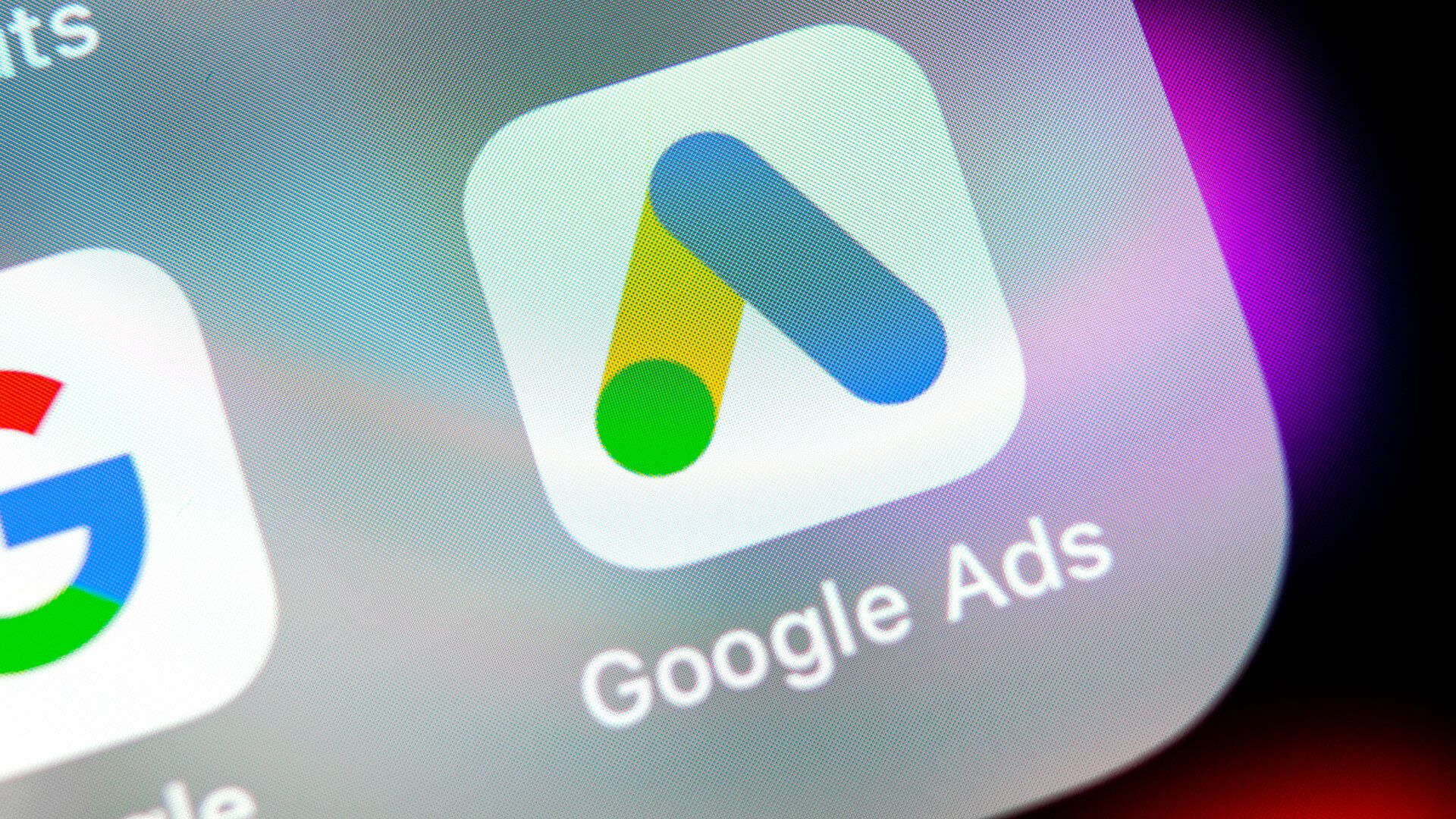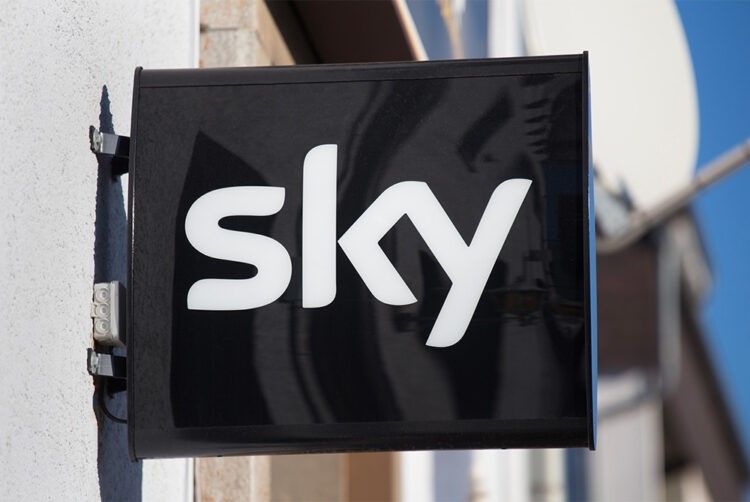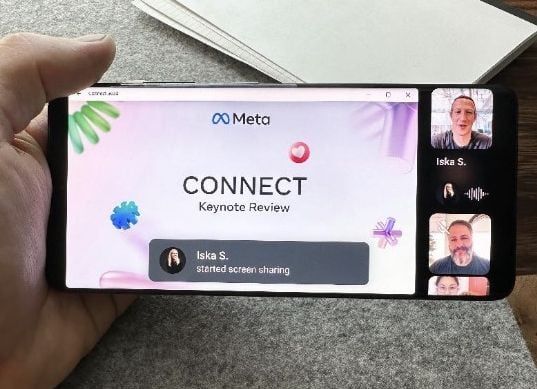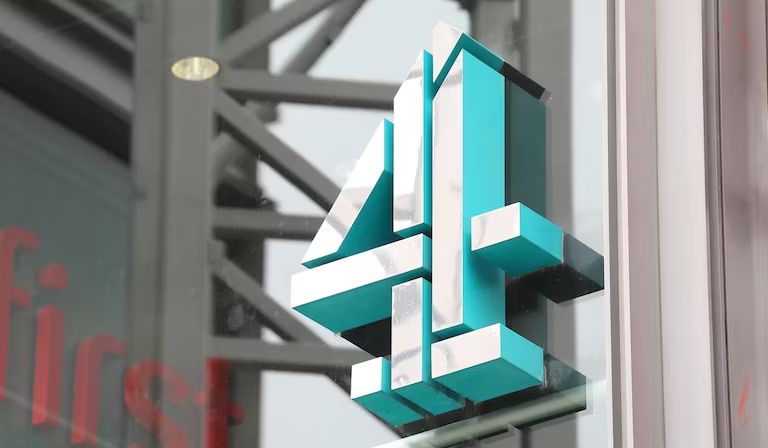Google releases responsive search ads guide
Google has released a Responsive Search Ad guide to help marketers improve their campaign performance. The new RSA guide includes Google’s advice and information on how; to write ads for maximum conversions, RSAs use Google AI to generate ad copy and to evaluate a campaign’s effectiveness. A Google’s spokesperson has said “Our goal is to simplify the work it takes to create high-quality ads that achieve your business objectives at scale.”

Why is this important?
Users may find this guide to be a helpful resource, especially if they’re newer to working with RSAs. It may give a better understanding of how RSAs work and how to optimise for maximum performance and potentially increase conversions and ROI. Read more.
Sky Media launches ad targeting against viewers’ search behaviour
Google is rolling out two new upgrades to Performance Max. Dynamic Search Ads (DSA) and Google Display Ads (GDA) campaign upgrades are now available to all advertisers. Opting in is voluntary. Advertisers who decide to opt into the upgrades will have access to a range of tools and capabilities aimed at improving campaign performance and user experience. This includes; Inventory-aware ad serving, more converting search queries, Enhanced control, Serving user intent more effectively and Better insights.

Why is this important?
Only the top 30% of searches over the last 30 days are considered. They take the people who are really interested at the top 30% of searches and match that so we know that it’s not including anyone who might occasionally have looked at a flight because they were thinking about it. Instead, it focuses on those who are actively searching and interested in that subject matter. As interest builds in this product from advertisers, Sky Media is likely to offer more categories.
Read more.
WhatsApp adds screen-sharing to video call feature
Meta chief Mark Zuckerberg announced on Tuesday that you can now share your screen on WhatsApp video calls, demonstrating this new feature with a photo on his Facebook and Instagram pages. This feature was first released for some beta testers in late May and is now being rolled out to all users in a phased manner. The app has been focusing more heavily on video as its popularity has grown in western markets; last month they added video messages in chats, and earlier this year they rolled out picture-in-picture support for video calls.

Why is this important?
This new feature offers a range of possibilities for regular and business users alike, providing another way to engage participants of video calls. The update also turns WhatsApp into a rival of traditional video conferencing apps like Microsoft Meet, Google Meet, Zoom and FaceTime.
Read more.
Channel 4 challenges brands to better represent LGBTQIA+ communities with £1m diversity award
Channel 4’s annual Diversity in Advertising award will this year challenge brands to address the lack of authentic representation of LGBTQIA+ people in advertising. The award, which has been running since 2016, is building on a theme introduced in 2019’s award as it shows there has been zero growth in representation for the LGTBQIA+ community in the past four years. In 2019, the award was won by Starbucks for its ‘What’s Your Name’ campaign which featured a transgender man being able to use his new name when ordering a coffee. This time the broadcaster is challenging the industry to be ‘Proud All Over’ and go further in promoting a broader range of diversity, sexuality and identity. It also points to a growing reluctance from brands to showcase LGTBQIA+ communities for fear of a backlash. Read more.
